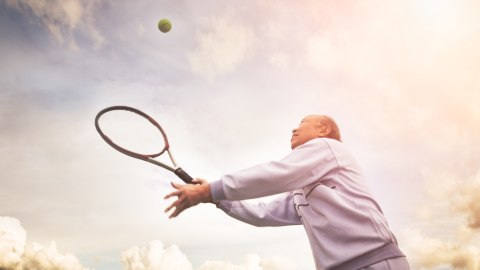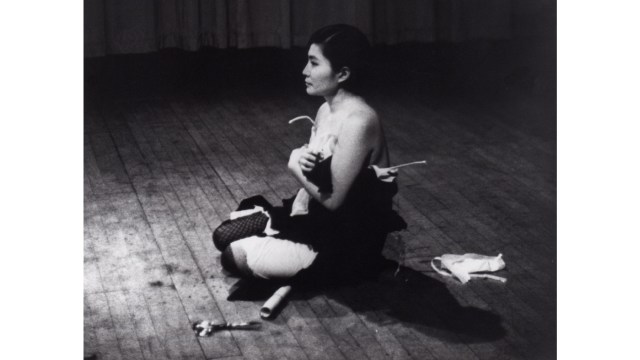Sports May Help Ease Transition to Retirement

Retirement is a period of adjustment that can bring about positive change in a person’s life or a period of struggle. One that some people would rather avoid. A survey showed that one in three people intend to work for as long as they can, and 39 percent of those people gave the simple reason: because they want to.
David Walsh, a clinical assistant professor in the University of Houston Department of Health and Human Performance, believes sports may help play a key role in this transition.
He explained in a press release:
“We know that sports can enhance the development of children and adolescents, but the dynamic that comes with sport may be beneficial to the development and well-being of adults as they age. Retirement can set us on a positive or negative trajectory, depending on how we adapt. Sport can play a positive role in adults’ continued development.”
Walsh conducted his study through interviews with over 250 individuals in a Texas retirement community. The focus of his questioning was on whether or not sports have the capacity to change how a person’s life develops after retirement.
In his past work, Walsh has found that life events, like “changes in careers, going away to college, growing families, or the death of a loved one,” sports have “played a significant role.” It makes sense; for every ordeal in our lives, there needs to be an outlet to help us cope. Sports offer a shared experience in which people can relate.
Indeed, in these studies, he found that a “[s]port was found to be a resource-rich system they sought out because of what they thought it could do for them — bring self-confidence, social interaction, and physical activity.” By these findings, Walsh suggests, “This can be applied to the transition of retirement.”
Walsh’s initial inquiries into the relationship between sports and retirement leave us with more questions. However, he explains that this study is the first step in a series of studies to investigate the relationship. I’d like to find out how issues like lingering injuries and arthritis play a role in finding sports to play. Also, how do people who suffer from a larger array of physical ailments engage?
Until more research is released, my own relatives have informed me that pickleball is a fun, low-impact racket sport that’s fun to play and to watch. Though, a past study has shown it’s not too late to take up running if you’re at the age of retirement.
Patricia Bloom is a firm believer that the more we age, the more important fitness becomes in order to maintain our well-being. She refers to fitness at the “the real fountain of youth.”
Read more at EurekAlert!
Photo Credit: Shutterstock





